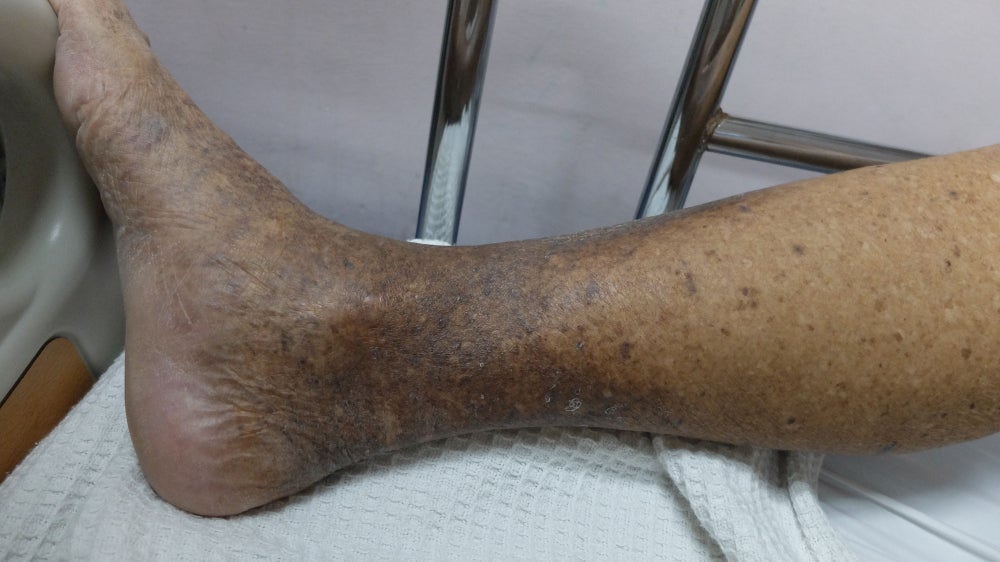
A new study by scientists at Oxford University, UK, showed that long-term use of aspirin may lead to a high risk of disabling or fatal bleeding in patients aged 75 or older.
According to the researchers, the short-term use of the drug after a stroke or heart attack has benefits, but the patients older than 75 who need to take aspirin daily must be given a proton-pump inhibitor / heartburn medication to minimise the bleeding risk.
The observational Oxford Vascular study examined a total of 3,166 patients, 50% of which were aged 75 and above at the time of enrolment.
The study included subjects who had a history of stroke or heart attack and were prescribed antiplatelet drugs such as aspirin.
During the ten-year study period, 314 patients were reported to be admitted for bleeding.
In the case of patients aged 65 who were taking aspirin on a daily basis, the annual rate of bleeds requiring hospitalisation was up to 1.5%, while it was 3.5% in patients aged 75-84 and 5% for patients above 85.
How well do you really know your competitors?
Access the most comprehensive Company Profiles on the market, powered by GlobalData. Save hours of research. Gain competitive edge.

Thank you!
Your download email will arrive shortly
Not ready to buy yet? Download a free sample
We are confident about the unique quality of our Company Profiles. However, we want you to make the most beneficial decision for your business, so we offer a free sample that you can download by submitting the below form
By GlobalDataThe study also showed that the risk of disabling or fatal bleeding and the unfavourable outcome of non-fatal bleeding also increased with age.
The researchers further found that the benefits of PPI use, which has certain associated risks, outweigh the risks of older patients.
Oxford University professor Peter Rothwell said: “While there is some evidence that PPIs might have some small long-term risks, this study shows that the risk of bleeding without them at older ages is high, and the consequences significant.
“In other words, this new data should provide reassurance that the benefits of PPI use at older ages will outweigh the risks.”







